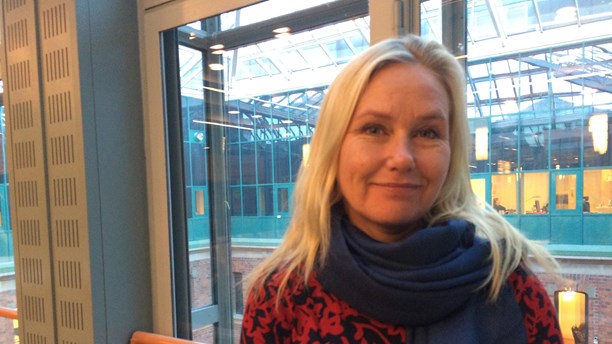Phasing out fossil-fuel dependent vehicles in Sweden

As Sweden aims to wave goodbye to fossil fuels for vehicles by 2030, a panel discussion between politicians, industry and researchers, at the Swedish Government Offices on Monday addressed subsidies, taxes and technologies and other issues that have come up.
Ibrahim Baylan, the Minister of Energy, acknowledged to Radio Sweden that it is ambitious to aim for vehicles in Sweden to be fossil-free within 15 years, but “if there’s any country in the world that will do it, I think that Sweden has the best conditions,” referring to sustainable forestry in Sweden and the attitude of the population, which supports progress towards a more environmentally friendly future.
Future of electric cars
In Baylan’s opinion, there is no one particular technology or strategy that is key to getting Sweden fossil-free. One solution among many could be the electric car, but Sweden has been criticized for being slow to popularize these vehicles, in comparison to Norway.
Mårten Levenstam, Vice President of Product Planning at Volvo Car Corporation, told Radio Sweden that he is against subsidies to encourage people to buy electric cars, explaining, “I think the real trick is to set up a market which gives everyone involved incentives to make transportation more efficient.”
Levenstam also wants a better dialog between politicians, customers and corporations, to create more clarity and “a stable long-term commitment towards a future state that we all believe in, that works for everyone involved.”
Switching to fossil-free alternatives
Anna Johansson, Minister of Infrastructure, told Radio Sweden that she believes it’s still too cheap to take transportation that burns fossil fuels, and that a combination of subsidies and taxes will help pave the way to a greener future. But she also agrees with Levenstam to some extent, seeing subsidies more as a catalyst at the beginning, rather than as a long-term crutch as the market around a particular fossil-fuel free solution develops.
One panelist suggested that it is the politicians’ job to make it fun for people to switch over to fossil-free alternatives.
“I’m not sure that it needs to be fun, but it needs to be comfortable enough – it needs to feel good for people, I think. It can’t be just one big effort and struggle,” said Johansson.
Related stories from around the North:
Canada: COP21 – View from Nunavut, Canada, Eye on the Arctic
Finland: Finland at COP21: ‘Small steps will no longer do’, Yle News
Germany: Energy giant sued for climate change, Deutsche Welle
Norway: Arctic residents in hot water, Deutsche Welle’s Iceblogger
Sweden: Swedish PM underlines importance of COP21, Radio Sweden
United States: Cleaner atmosphere means more Arctic ice melt: study, Alaska Dispatch News



